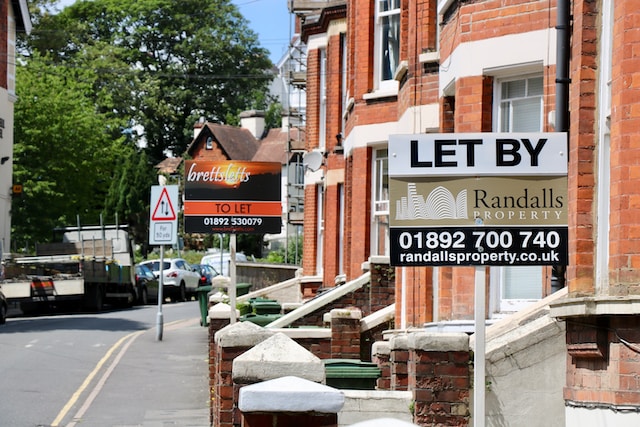Property disputes can arise in a variety of circumstances, and residential properties are no exception. While most disagreements can be resolved through negotiation, some can become more serious and require legal intervention. Here are some of the most common causes of residential property disputes.
Boundary Disputes
One of the most common causes of commercial and residential property disputes is a disagreement over a property’s boundaries. This can happen for a variety of reasons, such as a lack of clarity in a deed or lease agreement, or an incorrect survey.

Easements
Easements are a type of legal agreement that allow one property owner to use another’s land for a specific purpose. These agreements can become contentious if the property owner with the easement tries to expand the use of the land beyond what was originally agreed upon.
Nuisance Disputes
Nuisance disputes occur when one party’s actions interfere with the use and enjoyment of another’s property. Common issues include excessive noise, light pollution, or unpleasant odors. These disputes can often be resolved through negotiation but can become more serious if one party refuses to remedy the situation.
Title Disputes
Title disputes occur when two parties claim ownership of the same piece of property. These disputes can arise due to an incorrect deed, a lack of clarity in an existing deed, or a failure to properly transfer ownership. Title disputes can be difficult to resolve, and often require court intervention.
Conclusion
Property disputes can arise in a variety of circumstances, and residential properties are no exception. Boundary disputes, easement disagreements, nuisance issues, and title disputes are all common causes of residential property disputes. If a disagreement cannot be resolved through negotiation, legal action may be necessary.